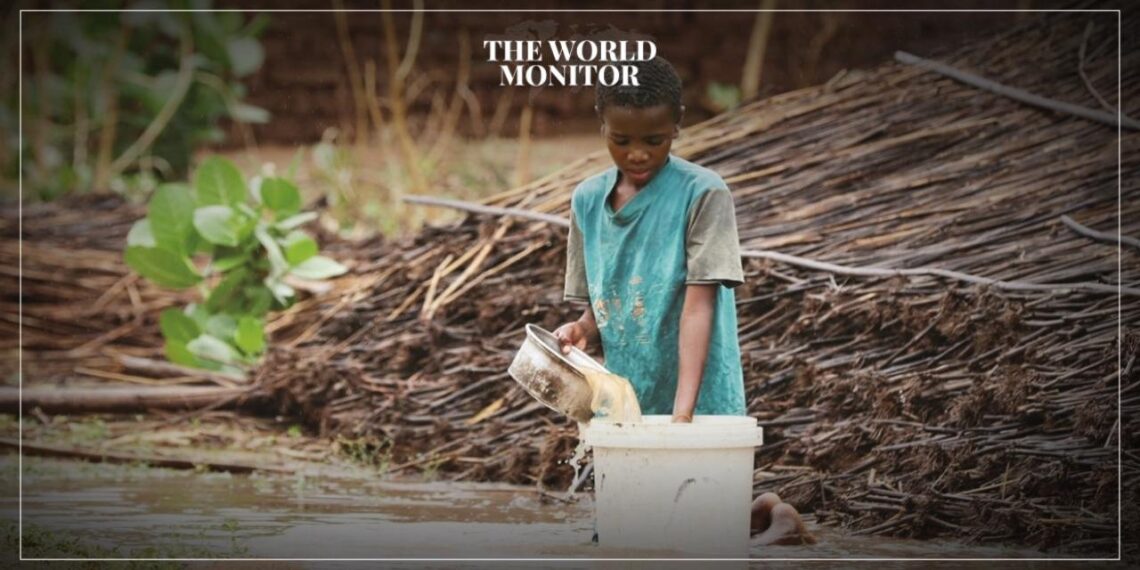The International Committee of the Red Cross (ICRC) has issued a grave warning about Sudan’s escalating health crisis, compounded by a severe food shortage.
According to the ICRC, two out of every three civilians in Sudan no longer have access to basic healthcare services due to the widespread closure of hospitals and healthcare centers, driven by ongoing conflict.
The ICRC’s statement, released from Geneva, highlighted the devastating impact of repeated attacks on healthcare facilities and workers, which have severely hampered the nation’s ability to address the growing food crisis.
The organization emphasized that healthcare centers are essential for the prevention, detection, and treatment of malnutrition.
Amelie Chapatte, who oversees ICRC health programs in Sudan, described the situation in health clinics as catastrophic.
She reported that the injured are left without necessary medicines, food, and water, while vulnerable groups like the elderly, women, and children are deprived of essential treatments such as dialysis and diabetes medication.
The ICRC stressed that providing healthcare is a legal obligation under international humanitarian law.
It called for the protection of medical workers, allowing them to perform their duties in a safe and secure environment.
Previously, the United Arab Emirates (UAE) expressed deep concern over the worsening humanitarian crisis in Sudan, highlighting severe food insecurity affecting more than 25 million Sudanese citizens. The UAE also voiced alarm following the declaration of famine in parts of North Darfur, particularly in the Zamzam camp, which shelters over half a million displaced people.
There are also fears of impending famine in the Abu Shouk and Salam camps, as well as in nine other Sudanese states where residents face catastrophic levels of hunger.
In this context, the UAE welcomed a recent United Nations Security Council meeting that focused on the urgent need to address the famine in Sudan.






